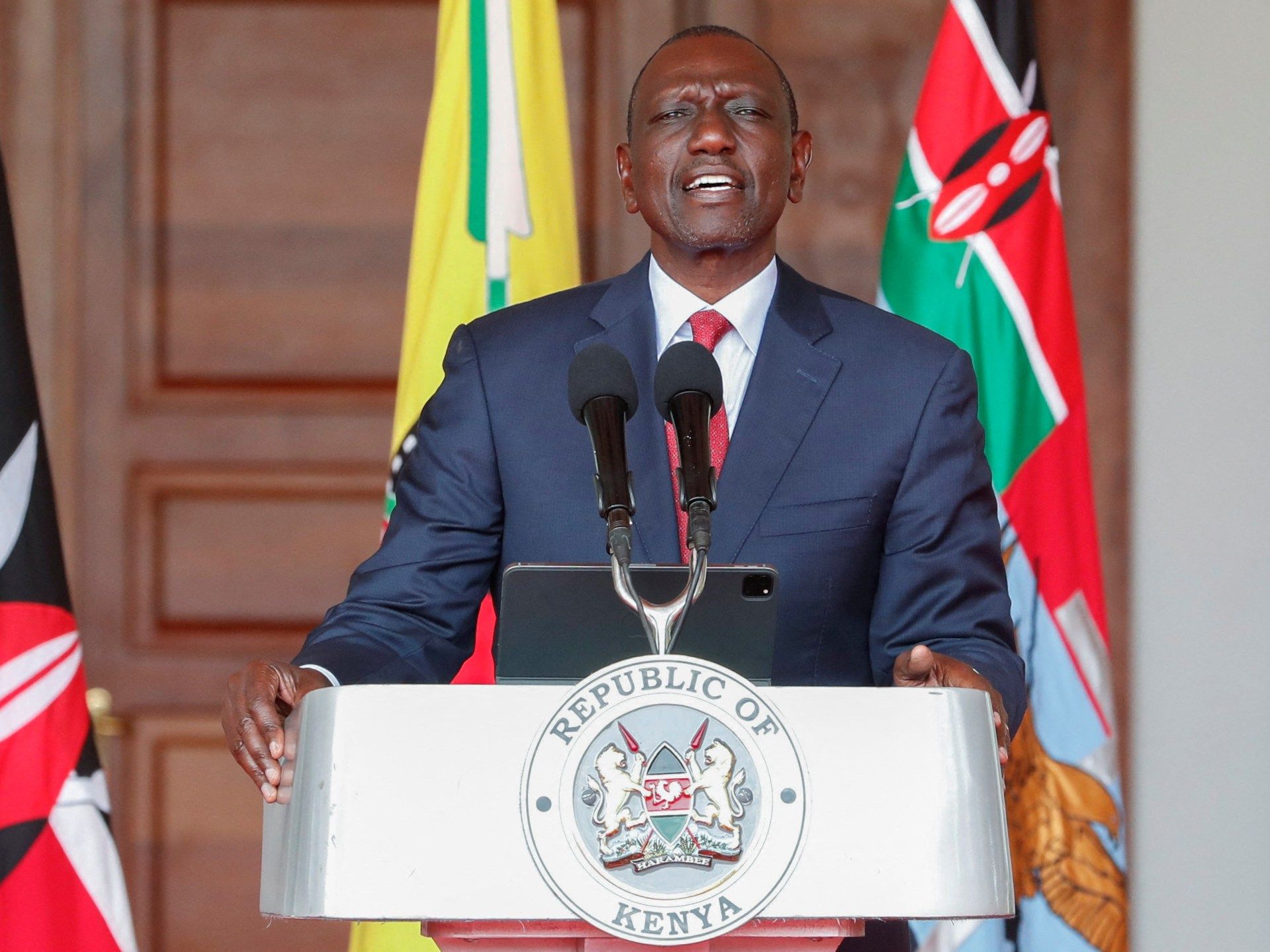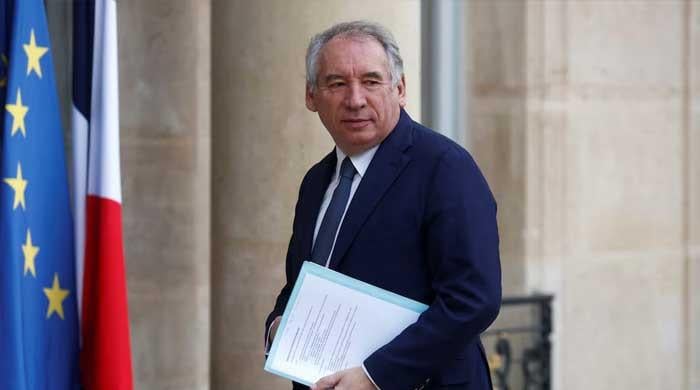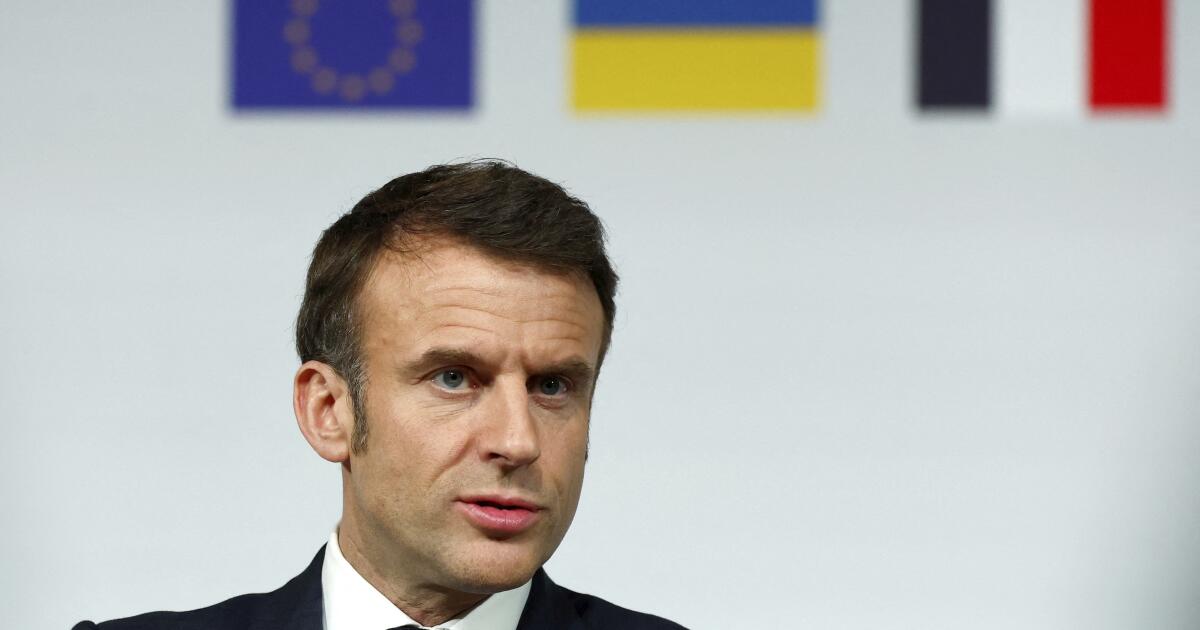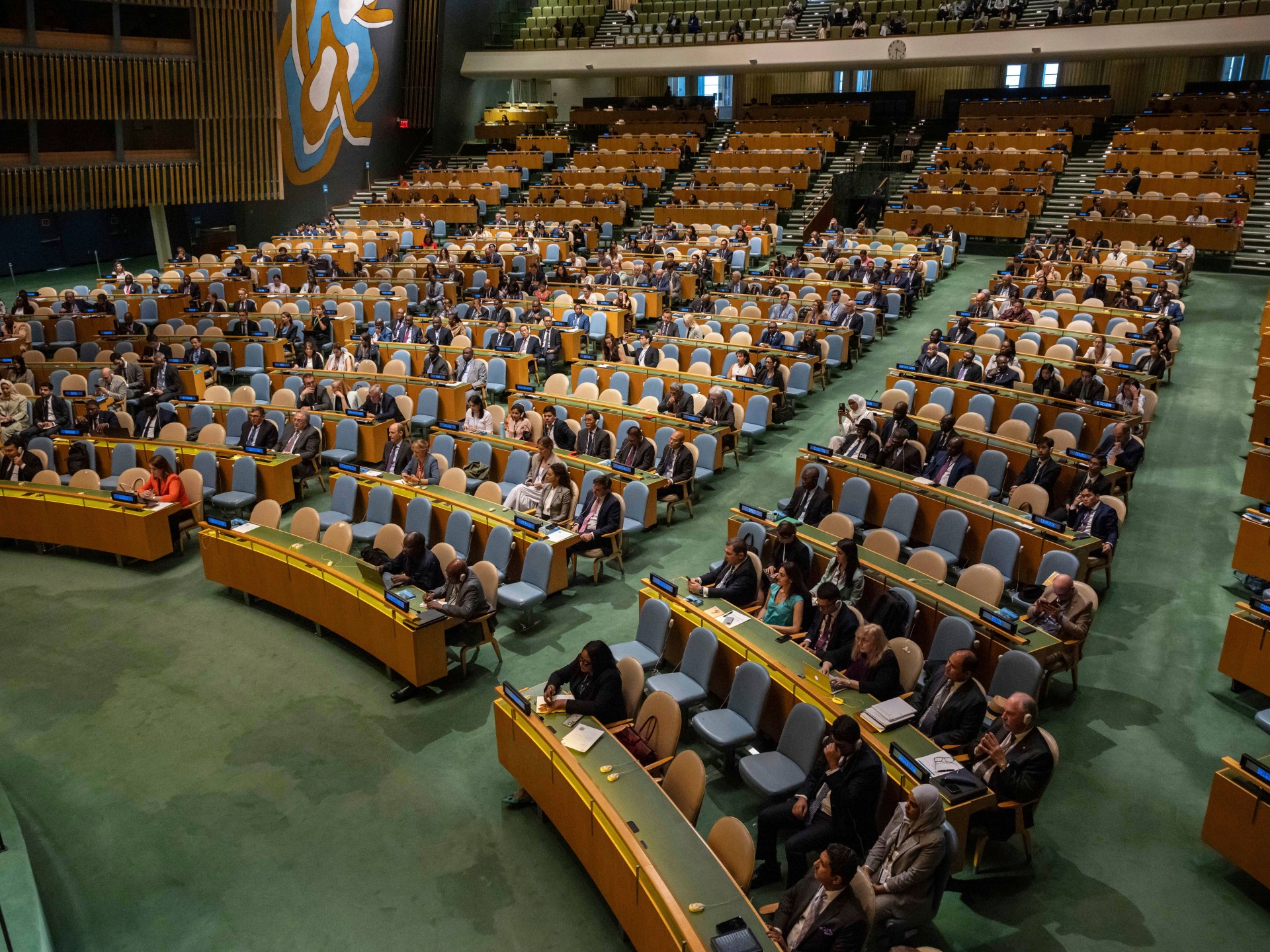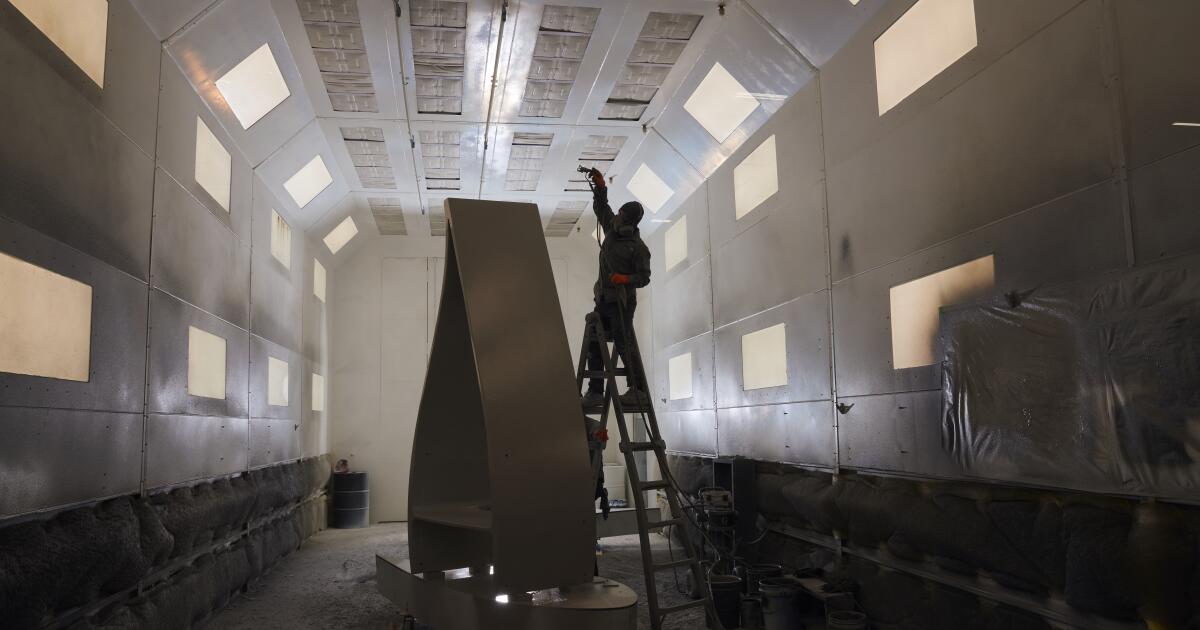The president's decision comes after weeks of protests that forced him to abandon proposed tax increases.
Kenyan President William Ruto has announced the dismissal of almost his entire cabinet and the holding of consultations to form a “broad-based government” following widespread anti-government protests.
Ruto said his decision would apply to all ministers, including the attorney general, but excluded Foreign Affairs Minister Musalia Mudavadi.
“I will immediately embark on wide consultations with different sectors and political formations and other Kenyans, both publicly and privately, with the aim of establishing a broad-based government,” Ruto said in a televised address to the nation on Thursday, adding that he would announce further measures later.
The East African nation was left in shock after peaceful demonstrations last month to protest against planned steep tax increases erupted into deadly violence, with police firing on the crowd that stormed Kenya's parliament, leaving it partially ablaze.
Led largely by young people, the protests plunged Ruto's government into the most serious crisis of his presidency, forcing him to abandon tax increases and scramble to contain the damage.
Al Jazeera's Malcolm Webb, reporting from Nairobi, said youth dissatisfaction with Ruto began before the controversial tax increases were proposed.
“Ruto was elected two years ago,” Webb said, on a “promise to emancipate Kenya’s working poor… he won that election narrowly and on a low turnout.”
Since then, economic conditions in Kenya have worsened, leading to growing criticism, especially on social media, of the government, which has also been accused of “flagrant displays of wealth… alleged incompetence” and plagued by scandals, Webb said.
Protests against tax increases began in June and have expanded into a broader campaign against Ruto and his government, with some demonstrations turning into violence that has left dozens dead.
Last week, the Kenyan leader announced deep cuts to government spending in response to growing anger over his cabinet's travel budgets and reshuffles, as ordinary citizens struggled to cope with a cost-of-living crisis.
Apart from scrapping the annual finance bill, including tax increases, Ruto has also sought to engage with some protesters, hosting an event on social media platform X with young Kenyans last week.
But this has failed to appease some protesters, who continue to call for his resignation using the hashtag #RutoMustGo and organizing smaller demonstrations in different Kenyan cities.
Kenya's public debt stands at 10 trillion shillings ($78 billion), about 70 percent of its gross domestic product (GDP).
The government's decision to borrow more will see the fiscal deficit rise from 3.3 per cent to 4.6 per cent, according to Ruto.

